What Are Decorative Door Hinges?
Decorative door hinges, often overlooked, can significantly enhance the aesthetic appeal of your doors while serving their functional purpose. Unlike standard hinges, decorative hinges come in various designs, finishes, and materials that can match or accentuate your home’s decor.
In my personal experience, switching to decorative hinges transformed my living space by adding a subtle yet impactful touch. Today, I’m excited to dive deeper into the world of decorative door hinges, sharing everything from styles and materials to installation tips and maintenance.
Types of Decorative Door Hinges
There are numerous types of decorative door hinges, each serving different styles and functional needs. Below are some of the most popular types:
1. Butterfly Hinges
These hinges open to resemble butterfly wings. They are typically used on wooden doors and add a charming, rustic feel to your space.
2. Strap Hinges
Strap hinges are long and flat, often used on heavier doors. They are perfect for creating a vintage look and are commonly found in barn doors.
3. Parliament Hinges
Designed for doors that open at a wide angle, parliament hinges allow for 180-degree openings. They are especially useful for double doors.
4. Decorative Concealed Hinges
These hinges are hidden when the door is closed, providing a sleek look. Ideal for modern designs, they offer a minimalist aesthetic.
Material Matters: Choosing the Right Material
Decorative door hinges are made from various materials, impacting both durability and design. Here are common materials to consider:
1. Brass
Brass hinges have a warm, golden color that adds elegance. They are resistant to rust but may tarnish over time.
2. Stainless Steel
For strength and durability, stainless steel is an excellent choice. It resists rust and corrosion, making it suitable for outdoor use.
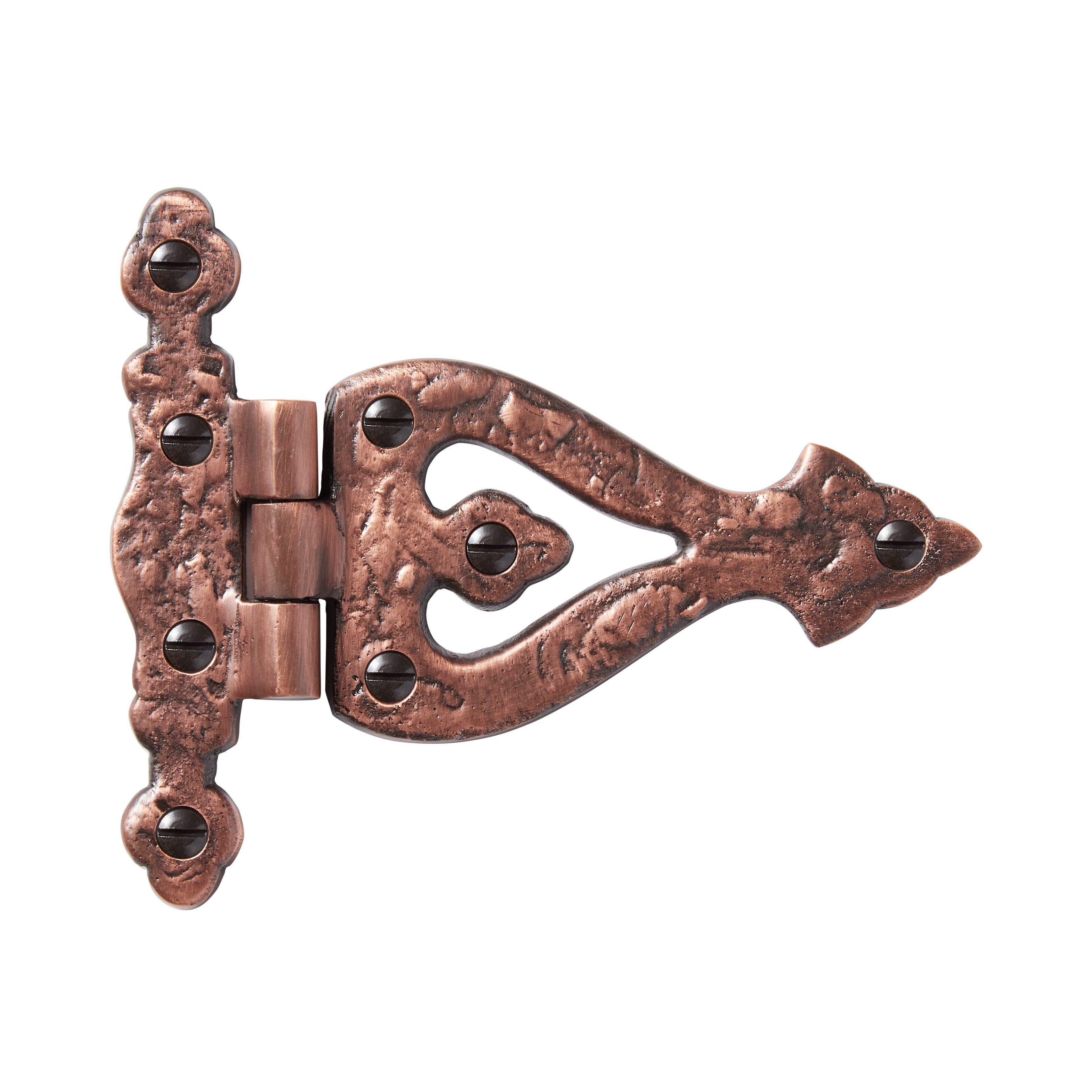
3. Iron
Cast iron hinges provide a traditional look. They are sturdy and can be finished with various coatings for style and protection.
4. Bronze
Bronze hinges offer a classic look with excellent corrosion resistance. They develop a beautiful patina over time, enhancing their charm.
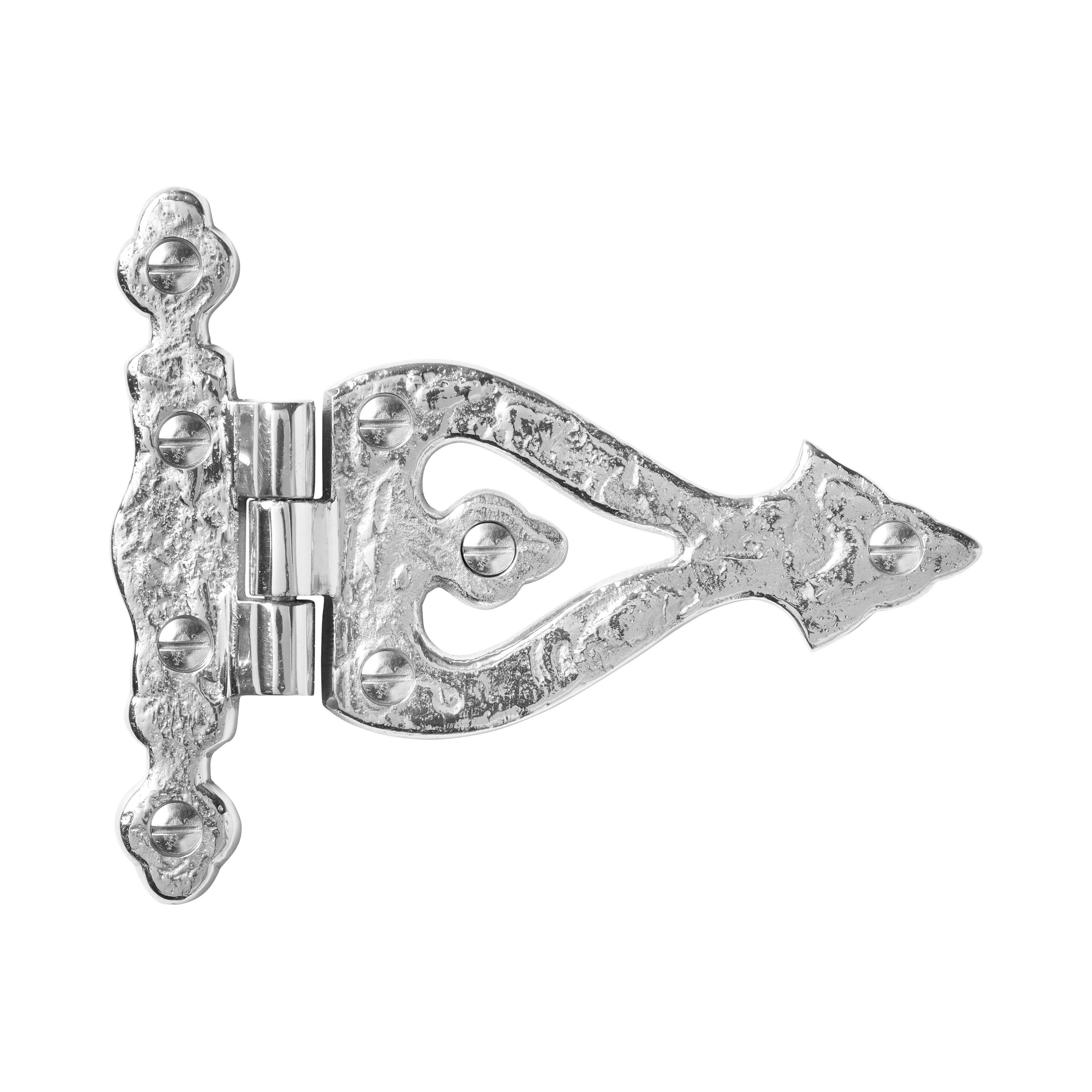
Decorative Door Hinges vs. Standard Hinges
Choosing between decorative door hinges and standard hinges can be a challenge. Here’s a quick comparison to help you make an informed decision:
| Feature | Decorative Hinges | Standard Hinges |
|---|---|---|
| Aesthetic Appeal | High, adds charm | Low, functional only |
| Diversity in Styles | Wide range | Limited options |
| Durability | Varies by material | Generally high |
| Cost | Typically higher | Generally lower |
Installing Decorative Door Hinges
Installing decorative door hinges can be a rewarding DIY project. Here’s a step-by-step guide based on my own experience:
Tools Required
- Screwdriver
- Tape measure
- Level
- Pencil
- Drill (optional)
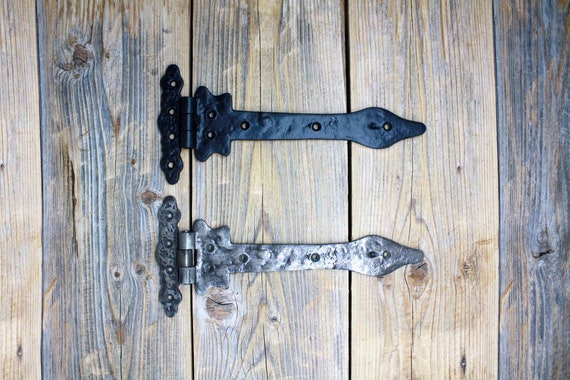
Step-by-Step Instructions
- Remove the Old Hinges: Start by taking off the existing hinges from your door and door frame.
- Measure and Mark: Use a tape measure to position the new hinges accurately. Mark the spots for the screws with a pencil.
- Drill Holes: If necessary, drill holes into the marked spots for the screws to ensure a snug fit.
- Attach the Hinges: Align the hinges with the drilled holes and secure them in place using screws.
- Hang the Door: Align the door with the hinges on the door frame and secure it.
- Check Alignment: Use a level to ensure the door is aligned and adjust if necessary.
Ensure that the door swings smoothly and is not too tight against the frame. With a few adjustments, your decorative hinges will be installed, adding a beautiful touch to your door!
Maintaining Your Decorative Door Hinges
Once you’ve installed your decorative hinges, maintaining them will ensure they continue to look great and function well. Here are some practical maintenance tips:
1. Regular Cleaning
Wipe down hinges with a soft cloth regularly to remove dust and debris. For stubborn dirt, use a mild soap solution.
2. Lubrication
Apply a silicone-based lubricant to the hinge pin periodically to prevent rust and ensure smooth operation.

3. Check for Damage
Regularly inspect hinges for signs of wear or damage. Replace any that are showing significant deterioration.
Pros and Cons of Decorative Door Hinges
Like any home improvement feature, decorative door hinges come with their own sets of advantages and disadvantages. Here’s a breakdown:
Pros
- Enhance the aesthetic appeal of your doors
- Available in various styles and materials
- Can complement or contrast with interior design
- May increase the value of your home
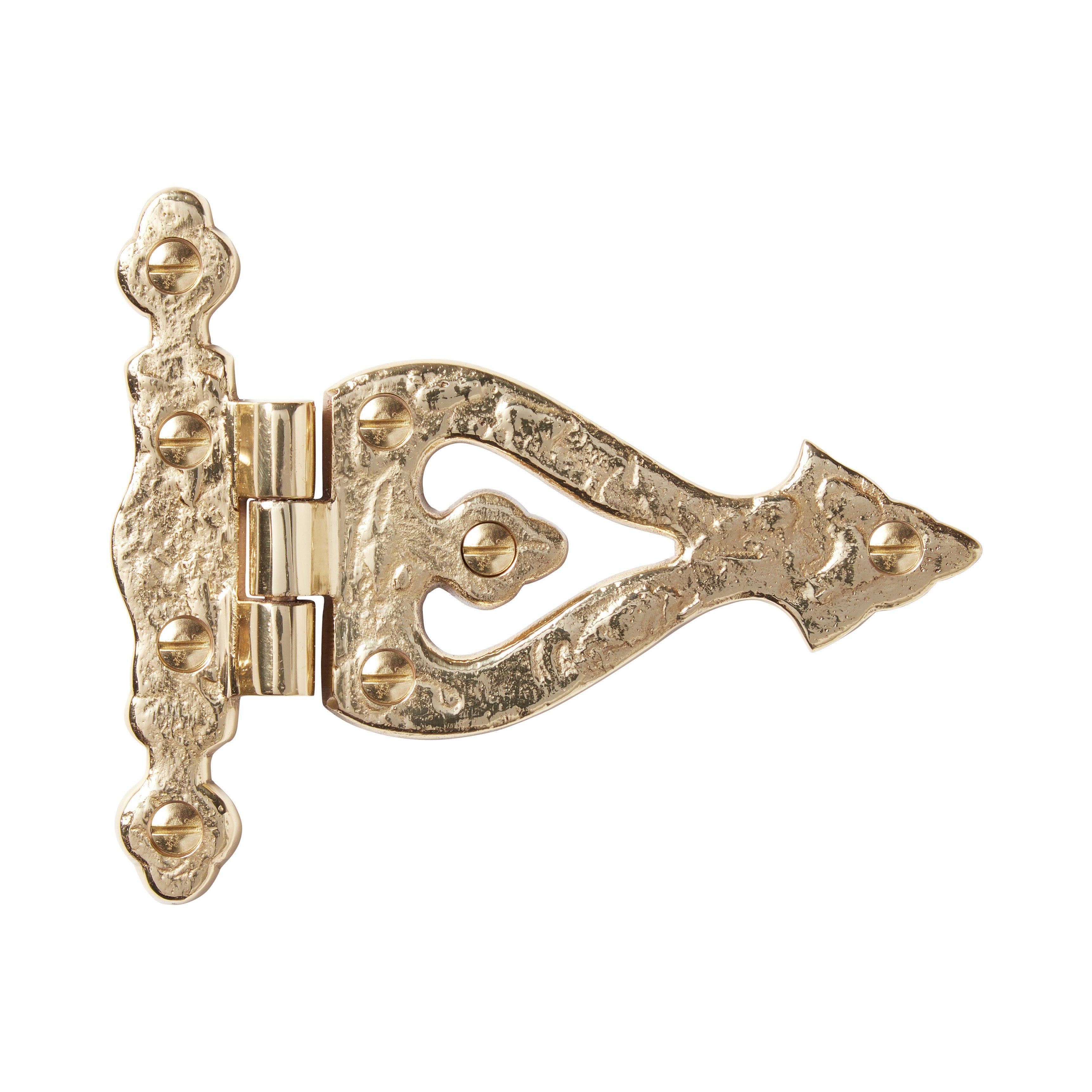
Cons
- Typically more expensive than standard hinges
- Some designs may not suit modern minimalistic interiors
- Cleaning and maintenance required to prevent rust
FAQs About Decorative Door Hinges
1. What sizes do decorative door hinges come in?
Decorative door hinges come in various sizes, commonly ranging from 2 inches to 6 inches or more. The size you choose will depend on the thickness and weight of the door.
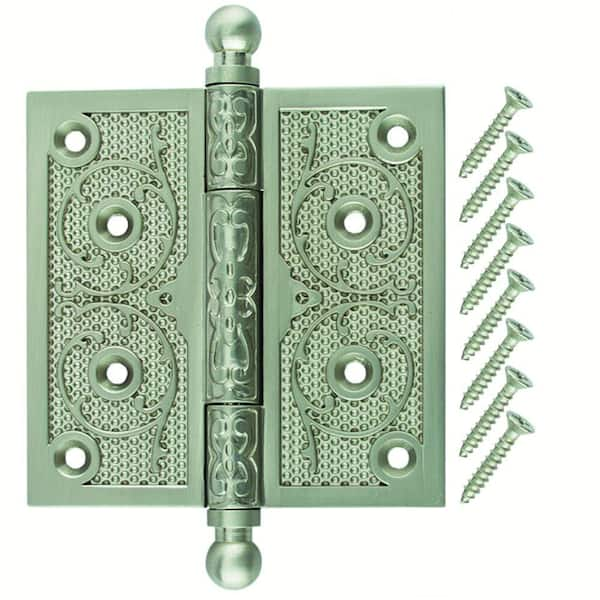
2. Can I use decorative hinges for outdoor doors?
Yes, you can use decorative hinges for outdoor doors, but ensure they are made of weather-resistant materials like stainless steel or bronze to prevent corrosion.
3. What finish options are available for decorative hinges?
Decorative hinges are available in various finishes, including polished brass, brushed nickel, oil-rubbed bronze, and matte black, allowing you to select one that matches your decor.
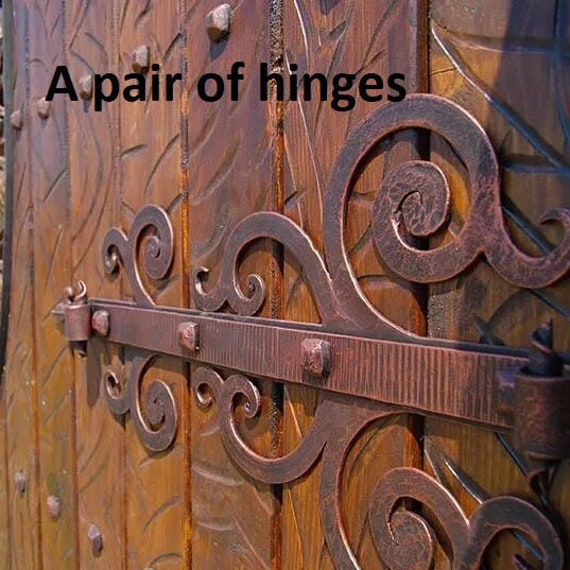
4. Are decorative hinges easy to install?
Yes, with the right tools and a little patience, decorative hinges can be installed by most homeowners as a DIY project.